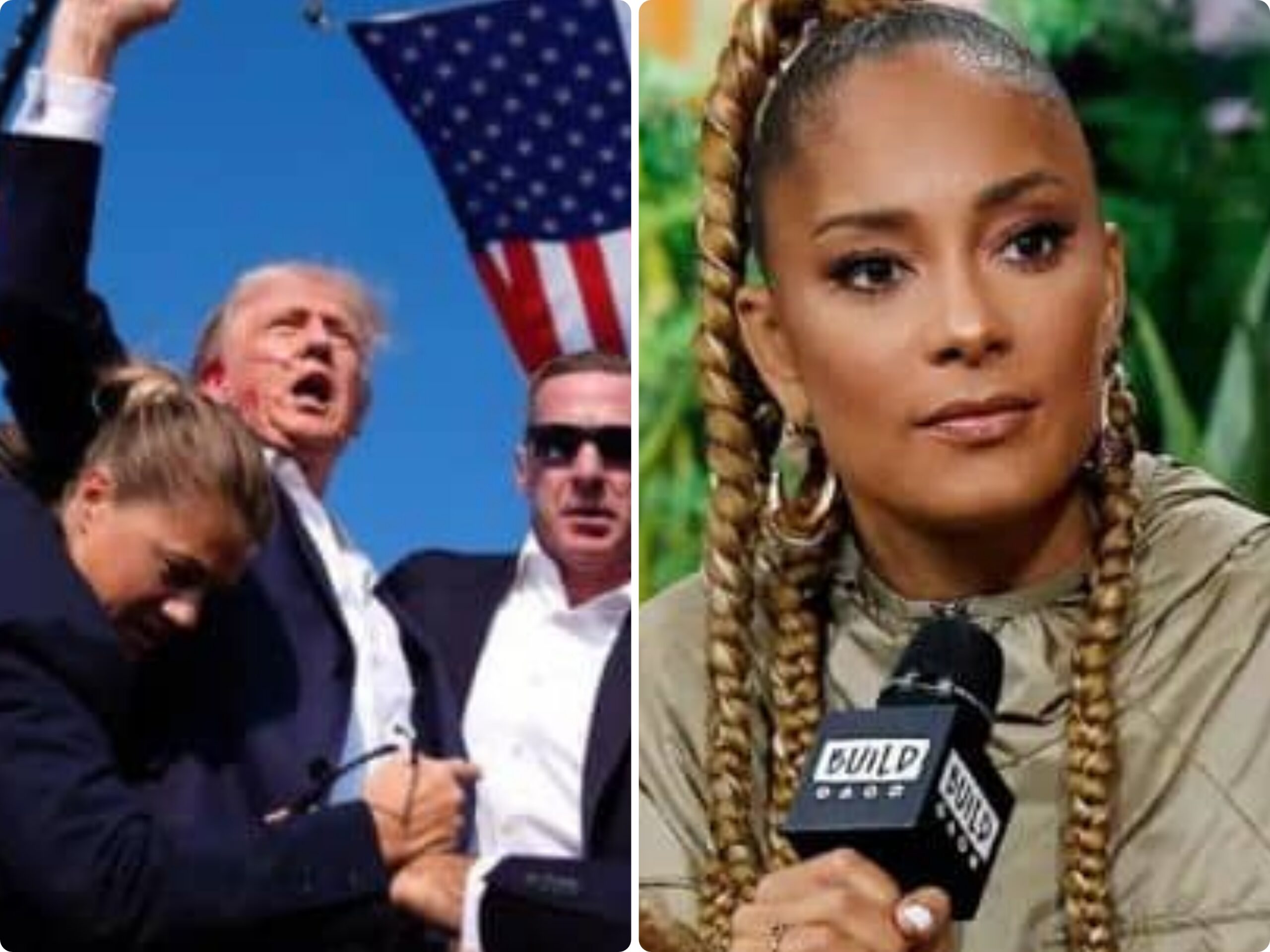Recently, Nigeria has been in the spotlight regarding its position on LGBTQ+ rights and the Samoa Agreement.
The Nigerian government has faced scrutiny and misinterpretation of its stance, leading to a need for clarification.
Nigeria has a complex and sensitive stance on LGBTQ+ rights.
The country’s laws and cultural values do not recognize or support LGBTQ+ rights, and same-sex relationships are criminalized under the Same-Sex Marriage Prohibition Act (SSMPA) of 2013.
The Nigerian government has consistently maintained that LGBTQ+ rights are not compatible with the country’s laws and cultural values.
The Samoa Agreement, officially known as the United Nations Convention on the Rights of Persons with Disabilities, aims to promote and protect the rights of persons with disabilities, older persons, and other vulnerable groups.
The agreement seeks to ensure inclusivity, accessibility, and equality for all.
The Nigerian government has clarified its position on the Samoa Agreement, stating that its signature was intended to support the rights of vulnerable groups, not to promote LGBTQ+ rights.
“In addition, Nigeria’s endorsement was accompanied by a Statement of Declaration, dated June 26, 2024, clarifying that any provision inconsistent with Nigerian laws shall be invalid.
“It is important to note that there is existing legislation against same-sex relationships in Nigeria, enacted in 2014,”
“The Samoa Agreement is a vital legal framework for cooperation between the OACPS and the European Union, aimed at promoting sustainable development, combating climate change, generating investment opportunities, and fostering collaboration among OACPS Member States on the international stage,” – Muhammed Idris the minister of information and national orientation.
The government has reiterated its stance against supporting LGBTQ+ rights initiatives, citing conflicting laws and cultural values.
Nigeria’s position on LGBTQ+ rights and the Samoa Agreement is clear: the country will not support initiatives that promote LGBTQ+ rights, but will support initiatives that protect the rights of vulnerable groups.
The government’s clarification seeks to address misinterpretation and reaffirm the country’s stance on LGBTQ+ rights.



